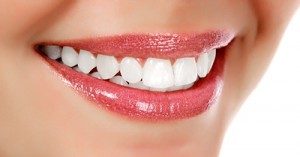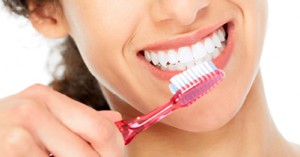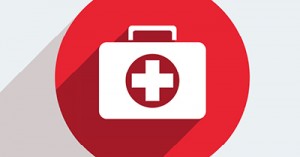
As the holidays approach, so can major stress. I mean, really, we are all stressed enough as it is, so the stress of preparing for the holidays can put us right over the top. I often see more patients in these high-stress times than ever. Why? Bruxism.
What is Bruxism?
Bruxism is just a fancy word for clenching and grinding of teeth. And if you have a tendency to clench, you do it more in times of stress. Of course, there are other reasons people clench and grind, but stress is a big one. If your stress is off the charts, call my Buckhead dental office. You may want help to protect your teeth, muscles, and joints!
Do I Really Grind my Teeth?
Many people who grind and clench their teeth don’t realize that they do it. Often it takes a broken tooth, an observer, or a dentist to realize it is happening.
If you notice any of these symptoms, you may be suffering from bruxism:
- Worn, chipped, broken teeth
- Flattened tooth surfaces
- Exposure of tooth layers and loss of enamel
- Tooth sensitivity
- Jaw pain
- Headache and facial pain
- Earache from jaw muscle tension and contraction
- A scalloped tongue or irregular tongue edges
- Damaged mouth tissue
- Gum Recession
What Causes Tooth Grinding and Clenching?
We already mentioned stress, but there are other things that could compound your risk or cause tooth grinding and clenching even if you are a super-relaxed person. These causes include:
- Sleep disorders
- Misaligned jaw or poor bite alignment
- Acid reflux
- As a result of some diseases such as Parkinson’s disease
- As a side effect of some medications
What Can I do to Protect my Teeth?
At my dental office in Buckhead, we want to help protect your smile. We will make a thorough diagnosis and customize a plan to ease the pain of clenching and grinding and keep your teeth – and your precious restorations – strong and intact. Give us a call today and find relief!
Serving teeth clenchers and grinders in Buckhead, Atlanta, and Sandy Springs.














